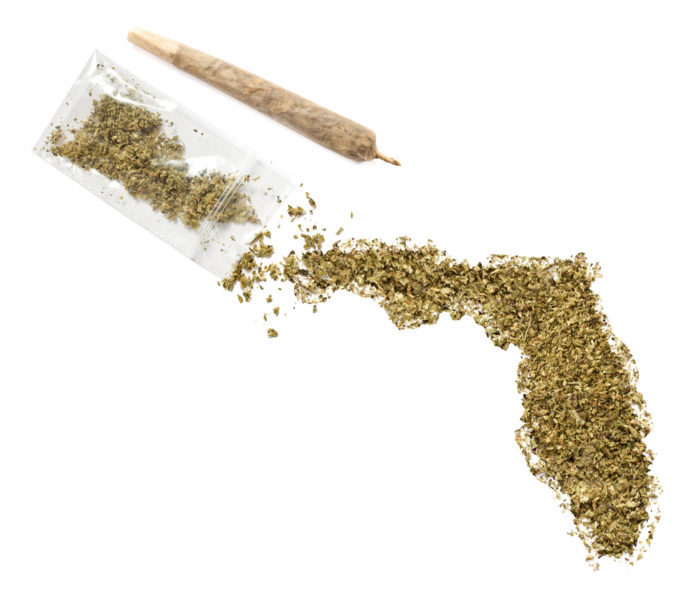The Florida medical marijuana industry is expected to bring in serious money.
Medical marijuana was approved by an overwhelming margin in Florida last week. Amendment 2 passed with over 70% approval from voters. Florida will now join the growing list (28 in total) of states that have approved the use of medical marijuana.
Arcview Market Research, together with New Frontier, conducted a financial analysis of how large the industry will become in Florida. They expect that the Florida medical marijuana industry will be worth $1.6 billion by 2020.
“There is nothing more powerful than an idea whose time has come. This is marijuana’s moment,” Arcview Group CEO Troy Dayton said to mjbizjournals.com. “This decisive victory in Florida represents a historic opportunity to help people while raising tax dollars, creating jobs and inspiring pioneering investors and entrepreneurs to build a new kind of industry.”
Medical marijuana in the Sunshine State almost got underway two years ago. Florida’s process for enacting ballot initiatives is a bit tougher than most states. Ballot measures in Florida require 60% of voters to approve. A similar initiative failed to become law in 2014, even though it received the approval of 57% of voters. Midterm elections typically garner lower turnout. Activists were confident that they could turn out the numbers needed during a presidential election to clear the 60% threshold.
Though the results are encouraging, residents in Florida may have to be patient before they are able to access medical marijuana.“We’re telling a lot of clients many of the answers you seek are going to be decided, not today, not tomorrow, but in 2017 when the Legislature debates these issues,” Florida attorney Richard Blau said to an NBC affiliate. “This is not something you quit your day job over, cash in your 401k for and jump in with both feet. A regulated industry doesn’t work that way.”
Once the regulations are set in the Sunshine State, the Florida medical marijuana industry seems poised to thrive. Florida is known for its aging population, many of whom who have conditions that could qualify for medical marijuana. The demand will likely create a boost in construction, professional services, taxes collected, and employment.









